The Ultimate Step By Step Guide to Media Training: Cost

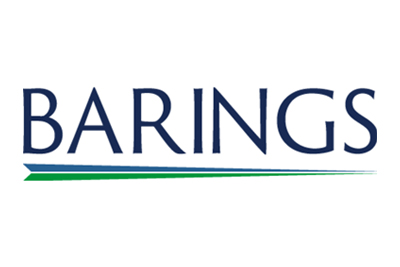
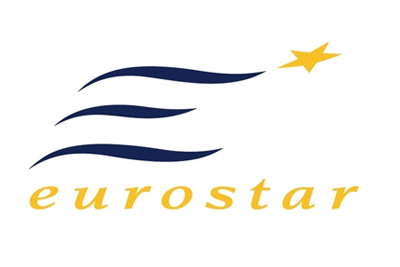
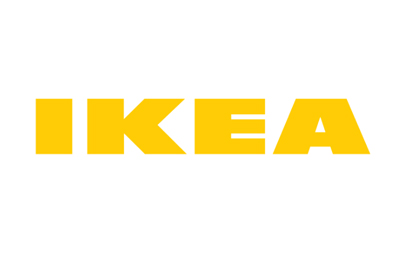
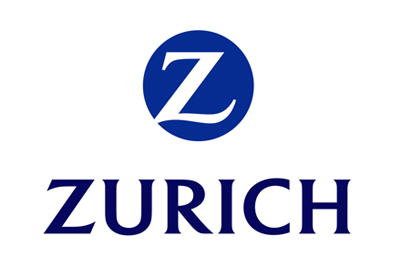
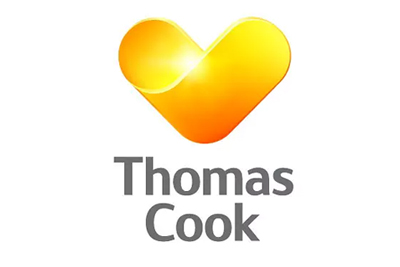
How Much Does Media Training Cost?
Investing in media training is crucial for professionals and organisations aiming to improve their communication skills, boost confidence, and engage effectively with the media. However, understanding the costs involved can often be complex, as prices vary based on several factors, including the type of training, trainer expertise, session format, and the level of customisation required. This guide will help you navigate the factors that influence the cost of media training, providing insights into what you can expect and how to find the best value for your needs.
Factors That Influence the Cost of Media Training
The cost of media training depends on a variety of factors. Here’s an overview of the key elements that impact pricing:
Type of Media Training: The type of training you choose significantly affects the cost. Basic courses that focus on general skills such as presentation or interview techniques are often priced differently than more specialised training, such as financial media training or crisis communication. Niche areas like print media training or broadcast training can require specific expertise, influencing the overall price.
Trainer Expertise: The trainer’s level of experience and industry background plays a crucial role in determining the cost. Media trainers with extensive backgrounds in journalism, public relations, or high-profile media roles typically charge more due to their unique insights and practical advice. While it might be tempting to opt for less expensive trainers, investing in a highly experienced professional can provide deeper, tailored insights that offer long-term value.
Customisation and Personalisation: Media training sessions can range from standardised formats to highly tailored programmes designed to meet specific business needs. Customised training that includes bespoke content, individual feedback, and relevant simulations tends to cost more than generic courses, but this personalised approach can make the training more relevant and impactful.
Training Format: The way the training is delivered also affects the price. Options include one-to-one sessions, group workshops, online courses, and intensive boot camps. One-to-one coaching generally costs more due to the direct engagement with the trainer, while group workshops can be a cost-effective way to train multiple team members at once. The format you choose should align with your learning preferences and the specific skills you wish to develop.
Duration of the Training: The length of the training programme also impacts the cost. Shorter sessions, such as half-day or one-day workshops, tend to be more affordable than multi-day or ongoing training. For those seeking continuous skill development, some organisations opt for regular sessions spread over weeks or months, providing ongoing opportunities for improvement.
Typical Pricing Structures in Media Training
While exact prices can vary widely, here’s an overview of the typical pricing structures you might encounter in media training:
Basic Media Training Workshops: These sessions are designed to cover foundational skills and are generally aimed at individuals or small teams looking to build essential media capabilities.
Specialised Media Training: Courses focused on specific areas, such as financial media training or crisis communication, are often tailored to the unique challenges of those sectors, reflecting their specialised nature in the pricing.
One-to-One Executive Media Coaching: Personalised coaching sessions for senior leaders or spokespeople are highly customised, providing direct feedback and practice in a confidential setting. These sessions often reflect the depth of personalisation in their pricing structure.
Group Media Training: Organisations seeking to train multiple staff members at once often find group sessions to be a cost-effective option, with costs distributed across the participants.
Online Media Training Courses: Online courses offer a more flexible and often budget-friendly alternative, though they may lack the bespoke interaction of in-person training.
Maximising the Value of Your Media Training Investment
To ensure you receive the best value from your media training, consider the following tips:
Assess Your Needs: Clearly define the skills you want to develop and the challenges you face before selecting a training provider. Understanding your needs will help you choose a course that delivers relevant skills and outcomes, ensuring your investment is targeted effectively.
Choose the Right Trainer: Selecting a trainer with a proven track record in your industry can greatly enhance the value of your training. For instance, a trainer experienced in finance will bring specific insights to financial media training that a more general trainer may lack.
Opt for Tailored Training: While it might involve a higher upfront cost, tailored training provides significant benefits by addressing your specific communication needs and challenges. This bespoke approach can be far more effective than standardised sessions, offering a greater return on investment.
Consider Ongoing Development: Media skills are best maintained through regular practice and refinement. Investing in follow-up sessions or continuous training programmes can help you build on your skills over time, ensuring your media capabilities remain current and effective.
Conclusion
Media training is an invaluable investment that enhances your ability to engage confidently with the media and effectively communicate your message. While the costs can vary based on several factors, understanding what influences these costs can help you make an informed decision and choose the best training option for your needs. By prioritising tailored, expert-led sessions and considering your specific objectives, you can ensure that your investment in media training delivers significant benefits and long-lasting value.


